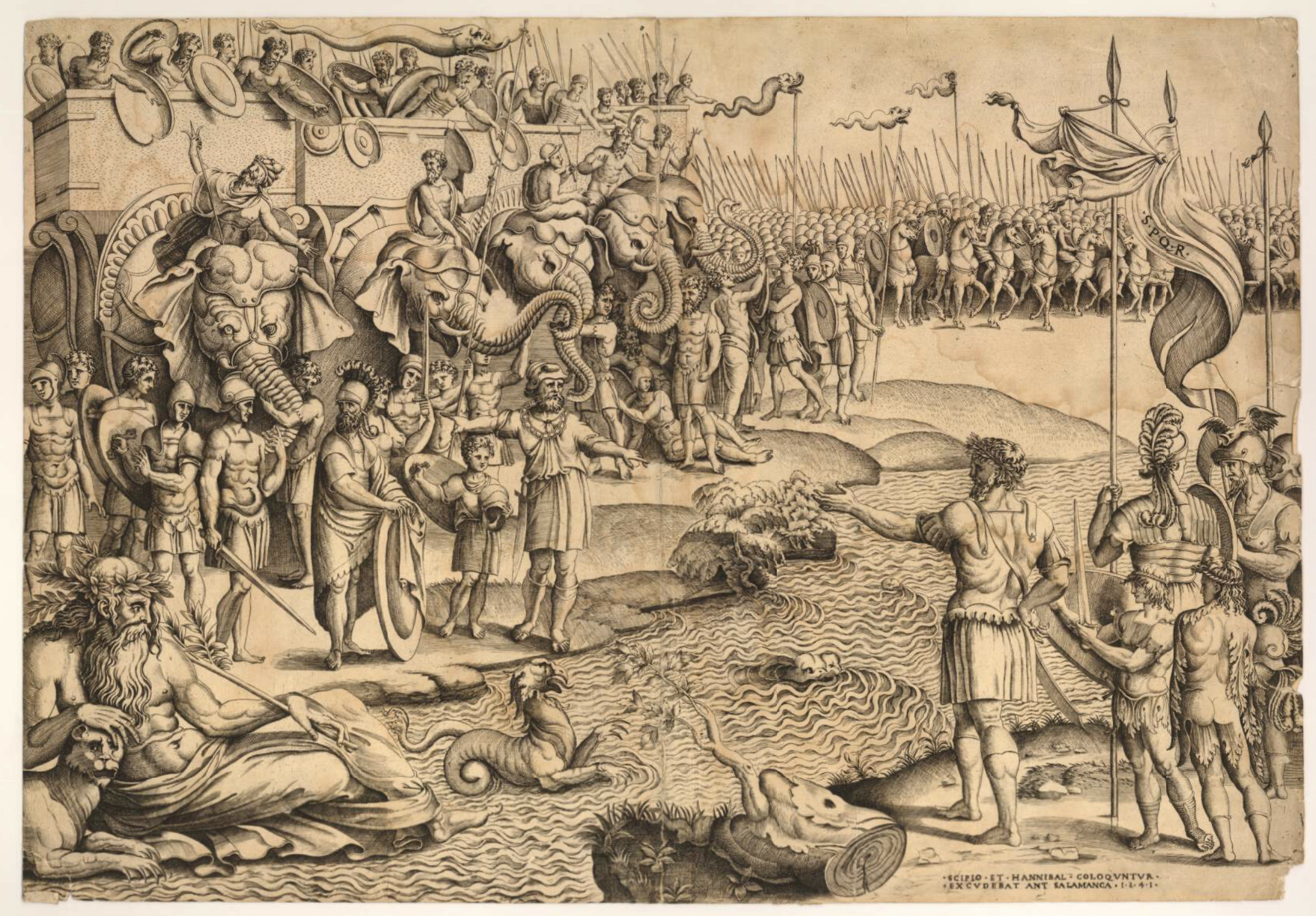In his World War Two memoir, Singapore: The Japanese Version, Colonel Masanobu Tsuji provides a different perspective on Japan’s war effort in Southeast Asia, and our conception of the “enemy.”
Read MoreAmerica’s departure from the Old World and its sense of can-do pragmatism have a built-in downside: it is less capable than other cultures to read the more intangible tribal identity codes and motivations of other societies.
Read MoreIn his book War and Peace and War: The Rise and Fall of Empires, Peter Turchin illustrates the role of group cohesion in the success of nations.
Read MoreMattias Desmet’s The Psychology of Totalitarianism puts forward a compelling new theory about unconscious group behaviour in the political sphere.
Read MoreKaliningrad, an isolated Russian enclave and province in Europe, is a point of vulnerability for both NATO and Moscow.
Read MoreThe current debate as to who is at fault in Ukraine, Russia or NATO, is crippled by either/or thinking.
Read MoreFurther military aid to Ukraine will likely provoke—not deter—Putin’s aggression.
Read MoreA journey to the Russian Ural city of Yekaterinburg reveals the truer to life reality of Russia hidden behind our limiting caricatures of the ‘other.’
Read MoreCanada’s obsession with comfort and safety has led to a society that is buffered—geographically and culturally—from challenge. But is this sustainable?
Read MoreBig picture students of history know that empires and civilizations rise and then fall. American scholar William Ophuls explains in his book Immoderate Greatness that their own success undermines them, and that the process of collapse is unavoidable.
Read MoreJohn Bell reflects on how ignoring innate needs has crippled his homeland, and on how it could recover.
Read MoreIbn Khaldun, a 14th century Arab historian, wrote that most understanding of politics and history is a result of bias, whereas more permanent and accurate laws lie beyond that.
Read More











